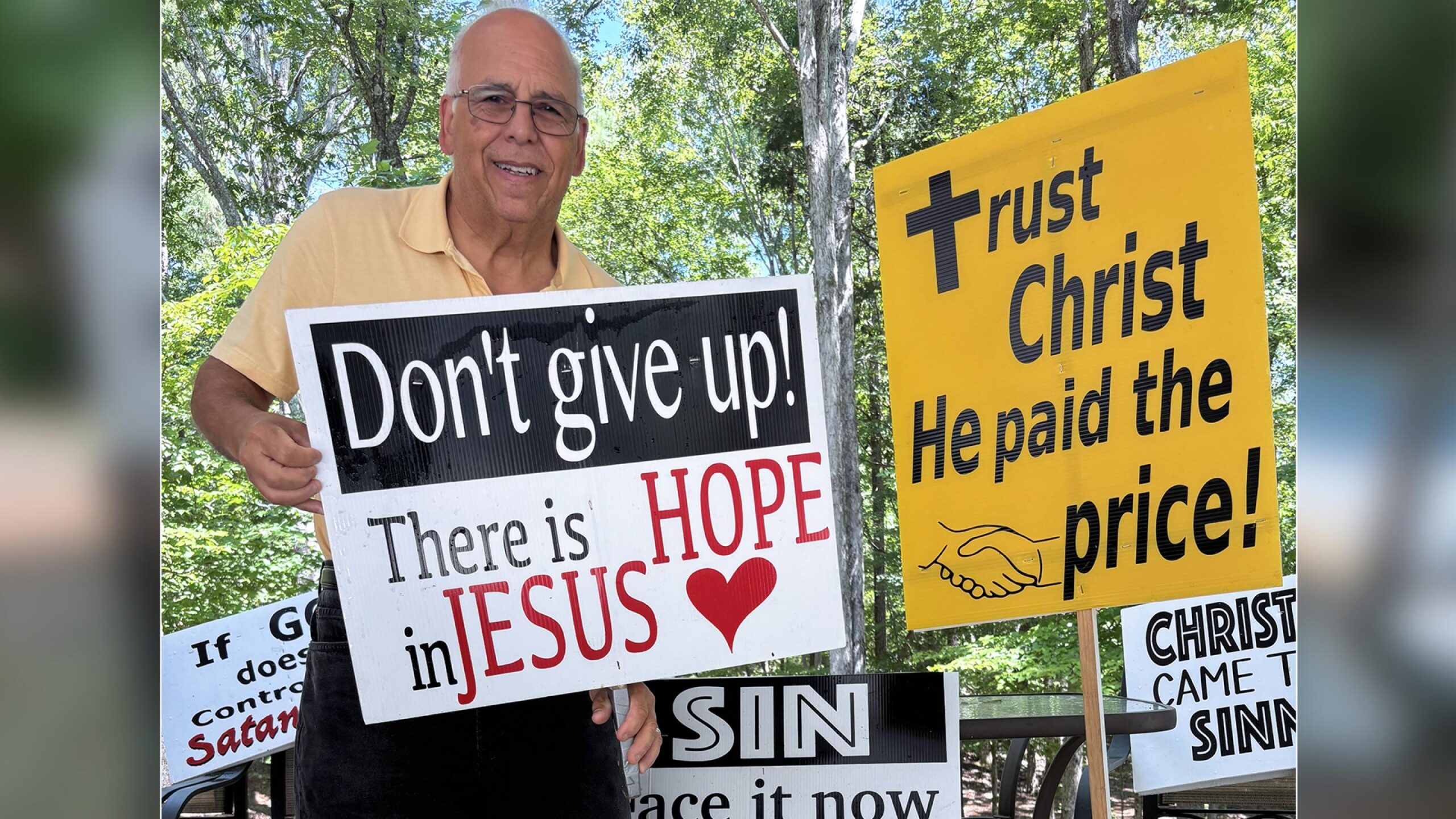The Campus Snowflake Problem is Not Getting Any Better

Recent events on college campuses continue to disappoint parents, alumni and citizens who have been hoping that emotional scenes of “triggered students” and violent disruptions of conservative speakers that have dominated the news over the last few years would give way to a new generation of wiser, more mature college students and administrators.
Er, no. Consider these three news items from the last couple weeks as evidence that things may actually be getting worse.
Stanford University
Conservative author and commentator Ben Shapiro spoke at Stanford University on November 7. As he began denouncing Nazis and white supremacists and other racist groups, liberal student protesters started chanting “Hey hey! Ho ho! Ben Shapiro has got to go!” Apparently, the confused young progressives didn’t understand that Shapiro had switched from the speech he was going to give, entitled “No, Leftist Idiots Don’t Get to Raise My Kids,” to one attacking racist groups. That’s what the protestors supposedly hate, and if they had been paying attention, they should have been cheering Shapiro on.
Listening is hard, I guess.
University of Virginia
This story may reflect more on the school administration than on its students, but the University of Virginia (UVA) decided to cancel its annual Veterans Day 21-gun salute on campus. Why? In the words of the university, “One (reason) is that it would be disruptive to classes and, two, unfortunately with gun violence in the U.S., there was some concern that we would cause a panic if someone heard gunshots on grounds.”
No explanation was given as to why informing the student body of the commemoration beforehand would not suffice to stop a “panic.” Understandably, the university is hearing from some veterans about the decision. Jay Levine is a former UVA student and veteran. He told a local news station, “I am very disillusioned, very upset and very surprised that they would make such a decision.”
Apparently even school administrations can be “triggered” – pun intended.
Northwestern University
The Medill School of Journalism at Northwestern University, established in 1921, is one of the most prestigious journalism schools in the country. Its alumni, according to Wikipedia, include 38 Pulitzer Prize laureates.
Those budding J-school undergraduates on the school’s Evanston, Illinois campus also serve as editors and reporters for the student newspaper, The Daily Northwestern. You’d think a speaking event featuring former U.S. Attorney General Jeff Sessions would draw protestors and make for a great news story. Initially, so did the student paper, which covered the event, talked to protestors, and then published a story about it.
And then apologized for it. I am not making this up.
The duly chastened student editorial board’s apology read, in part, “We recognize that we contributed to the harm students experienced, and we wanted to apologize for and address the mistakes that we made that night – along with how we plan to move forward.”
Only the paper didn’t make any mistakes. It did what it should have done in reporting on a campus event. But apparently the protestors, who gave their names willingly to the paper and commented about the event and their protest knowing their names and comments might be published, suddenly realized they might be punished for violating school rules concerning such behavior. So, they blamed the paper and its reporters for doing their job. And the newspaper recanted with apologies all around.
The paper suffered immediate backlash from real journalists. The Chicago Sun Times headline read “The Daily Northwestern’s unfortunate apology.” The Chicago Tribune’s editorial board was brutally honest: “To be frank, that’s not journalism. That’s the language of campus coddling. It’s prevalent at too many colleges, where professors provide ‘trigger warnings’ before addressing tough topics and administrators avoid having divisive – read: conservative – speakers on campus.”
The Chicago Tribune’s editorial concludes on a hopeful note: “Let this be a teaching moment…”
Indeed, the nation’s colleges and universities could all use these events as “teaching moments.” They could reaffirm the principles of free speech and the free exchange of ideas that once marked academia. And some have. Thankfully there are watchdog organizations holding the nation’s educational institutions accountable. So there’s hope.
But we’re not there yet. Not by a long shot.
ABOUT THE AUTHOR

Bruce Hausknecht, J.D., is an attorney who serves as Focus on the Family’s judicial analyst. He is responsible for research and analysis of legal and judicial issues related to Christians and the institution of the family, including First Amendment freedom of religion and free speech issues, judicial activism, marriage, homosexuality and pro-life matters. He also tracks legislation and laws affecting these issues. Prior to joining Focus in 2004, Hausknecht practiced law for 17 years in construction litigation and as an associate general counsel for a large ministry in Virginia. He was also an associate pastor at a church in Colorado Springs for seven years, primarily in worship music ministry. Hausknecht has provided legal analysis and commentary for top media outlets including CNN, ABC News, NBC News, CBS Radio, The New York Times, the Chicago Tribune, The Washington Post, The Washington Times, the Associated Press, the Los Angeles Times, The Wall Street Journal, the Boston Globe and BBC radio. He’s also a regular contributor to The Daily Citizen. He earned a bachelor’s degree in history from the University of Illinois and his J.D. from Northwestern University School of Law. Hausknecht has been married since 1981 and has three adult children, as well as three adorable grandkids. In his free time, Hausknecht loves getting creative with his camera and capturing stunning photographs of his adopted state of Colorado.
Related Posts

Sidewalk Evangelist Wins Right to Share Good News
October 31, 2025



